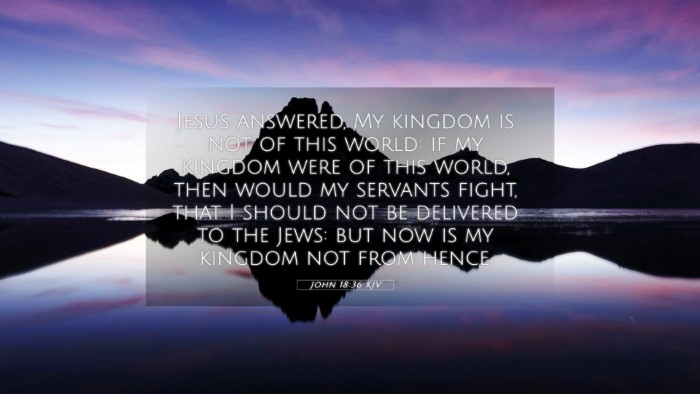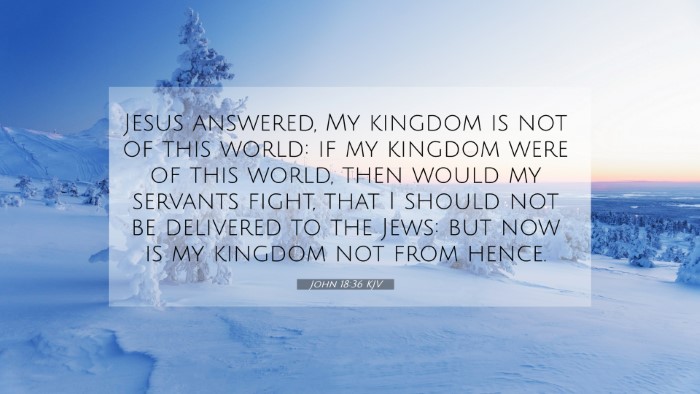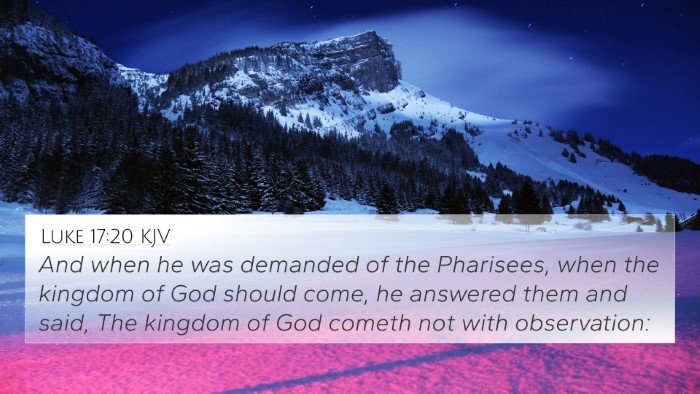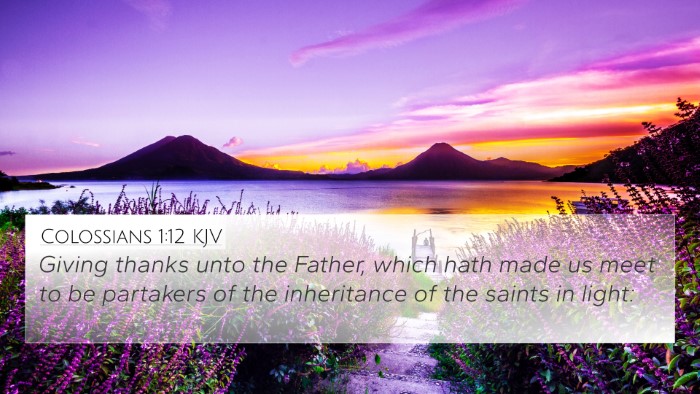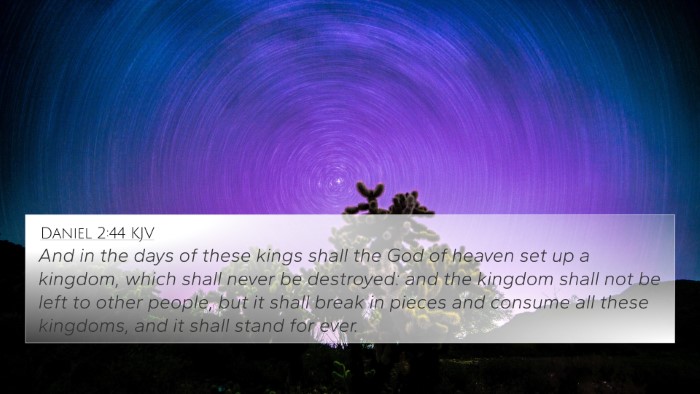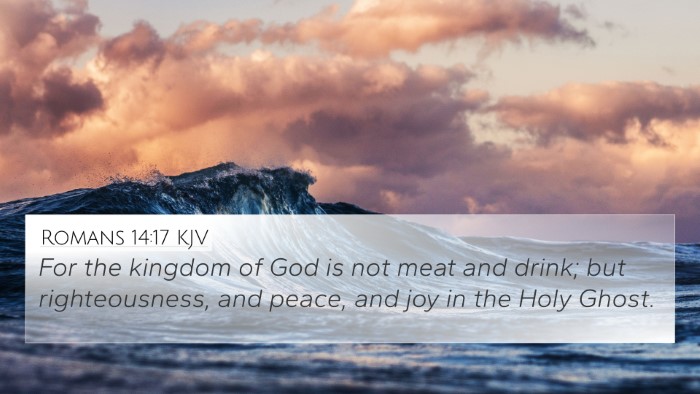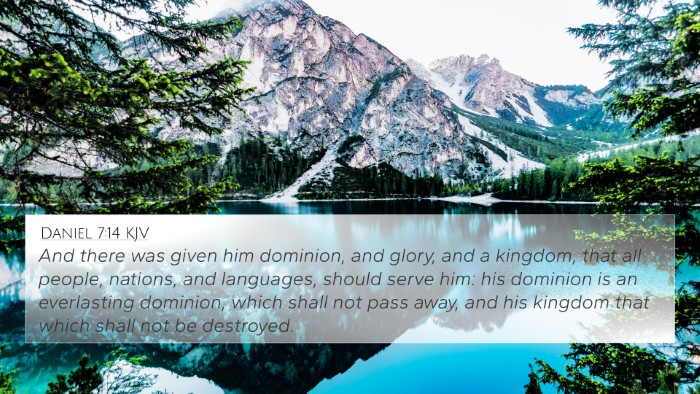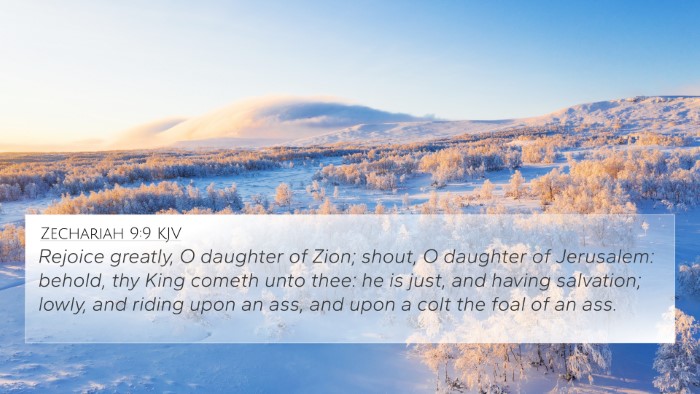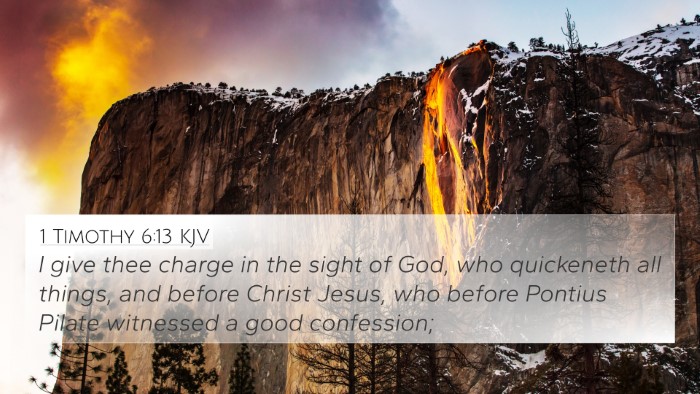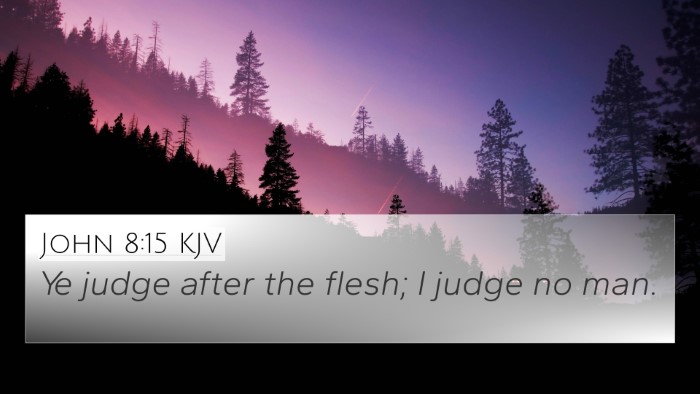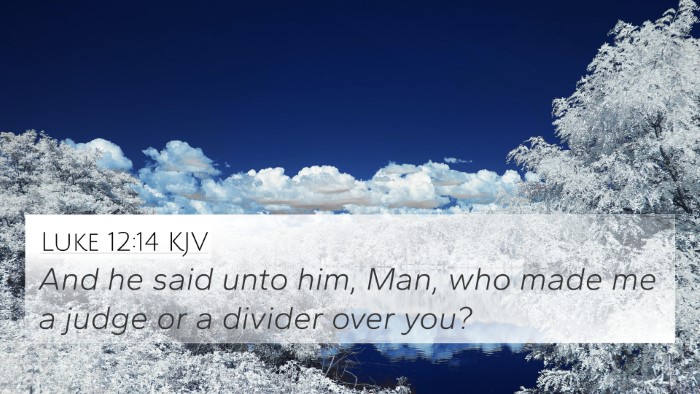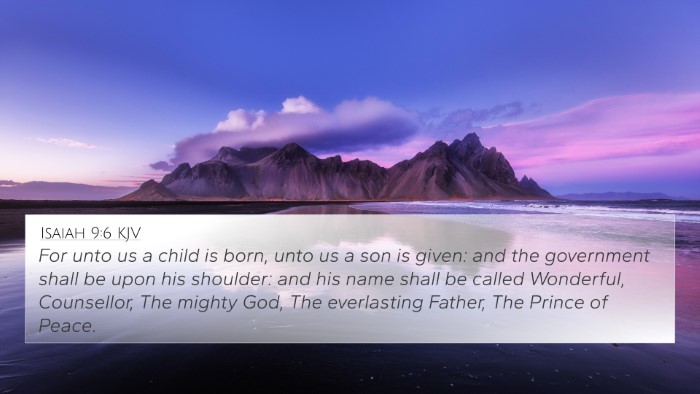Understanding John 18:36
In this verse, Jesus declares, "My kingdom is not of this world." This profound statement speaks volumes about His mission and the nature of His authority.
Contextual Background
This discourse occurs during Jesus' trial before Pilate, where He is questioned about His kingship. His response highlights the spiritual nature of His reign, contrasting it with earthly political power.
Commentary Insights
-
Matthew Henry:
Henry emphasizes that Jesus' kingdom is a spiritual one, established in the hearts of men. Unlike earthly authorities, His dominion is marked by peace, righteousness, and the transformative power of the Gospel.
-
Albert Barnes:
Barnes points out that the kingdoms of this world operate through might and coercion, whereas Jesus' kingdom is governed by voluntary submission to His lordship. This statement clarifies that His claim to kingship does not pose a political threat, which was a pivotal point in His defense.
-
Adam Clarke:
Clarke highlights the transcendent nature of Christ's authority. He elaborates that Jesus speaks of an eternal kingdom that transcends the limitations of time and space, defining true power as rooted in divine will and ultimate truth.
Bible Verse Cross-References
John 18:36 can be linked to several other scriptures that expand on the themes of Jesus' kingdom and authority. Below are some cross-references:
- Matthew 28:18: "All authority in heaven and on earth has been given to me."
- Luke 17:20-21: "The kingdom of God does not come with observation; nor will they say, 'See here!' or 'See there!' For indeed, the kingdom of God is within you."
- John 3:3: "Unless one is born again, he cannot see the kingdom of God."
- Romans 14:17: "For the kingdom of God is not eating and drinking, but righteousness and peace and joy in the Holy Spirit."
- Colossians 1:13: "He has delivered us from the power of darkness and conveyed us into the kingdom of the Son of His love."
- Revelation 1:6: "And has made us kings and priests to His God and Father."
- Philippians 3:20: "For our citizenship is in heaven, from which we also eagerly wait for the Savior, the Lord Jesus Christ."
Thematic Bible Verse Connections
The exploration of Jesus' kingship often leads to a further understanding of the theological implications of His reign. Some key themes include:
- Spiritual Authority: The distinction between earthly and divine authority unlocks a deeper understanding of how Christians are to live under Christ's lordship.
- Peace and Righteousness: The connection between the kingdom of God and values such as peace and righteousness reflects God's character and expectations for believers.
- The Nature of True Power: Reflecting on the paradox of power in Jesus' teachings offers insight into the redemptive work of Christ versus worldly expectations.
Detailed Cross-Reference Insights
To deepen your understanding of these concepts, consider how the following verses relate:
-
Connections between Old and New Testament:
The prophetic outreach of Isaiah 9:6-7, which speaks of the eternal kingdom of the Messiah, provides a foundational link to the fulfillment of that prophecy in Christ.
-
Cross-referenced themes:
Exploring parallels with Psalm 2, which discusses God’s sovereignty over earthly kings, illustrates the consistency of God’s plan throughout Scripture.
-
Interpreting Kingly Imagery:
Consider the connections within the Gospels as they portray different aspects of Jesus' kingship, showcasing His role as both a suffering servant and a reigning monarch.
Conclusion: Cross-Referencing Biblical Texts
By studying John 18:36 in conjunction with these other passages, we gain a fuller perspective of Jesus’ identity and mission. Through biblical cross-referencing, we can see how Scripture dialogues with itself to deliver a cohesive understanding of God's eternal kingdom.

